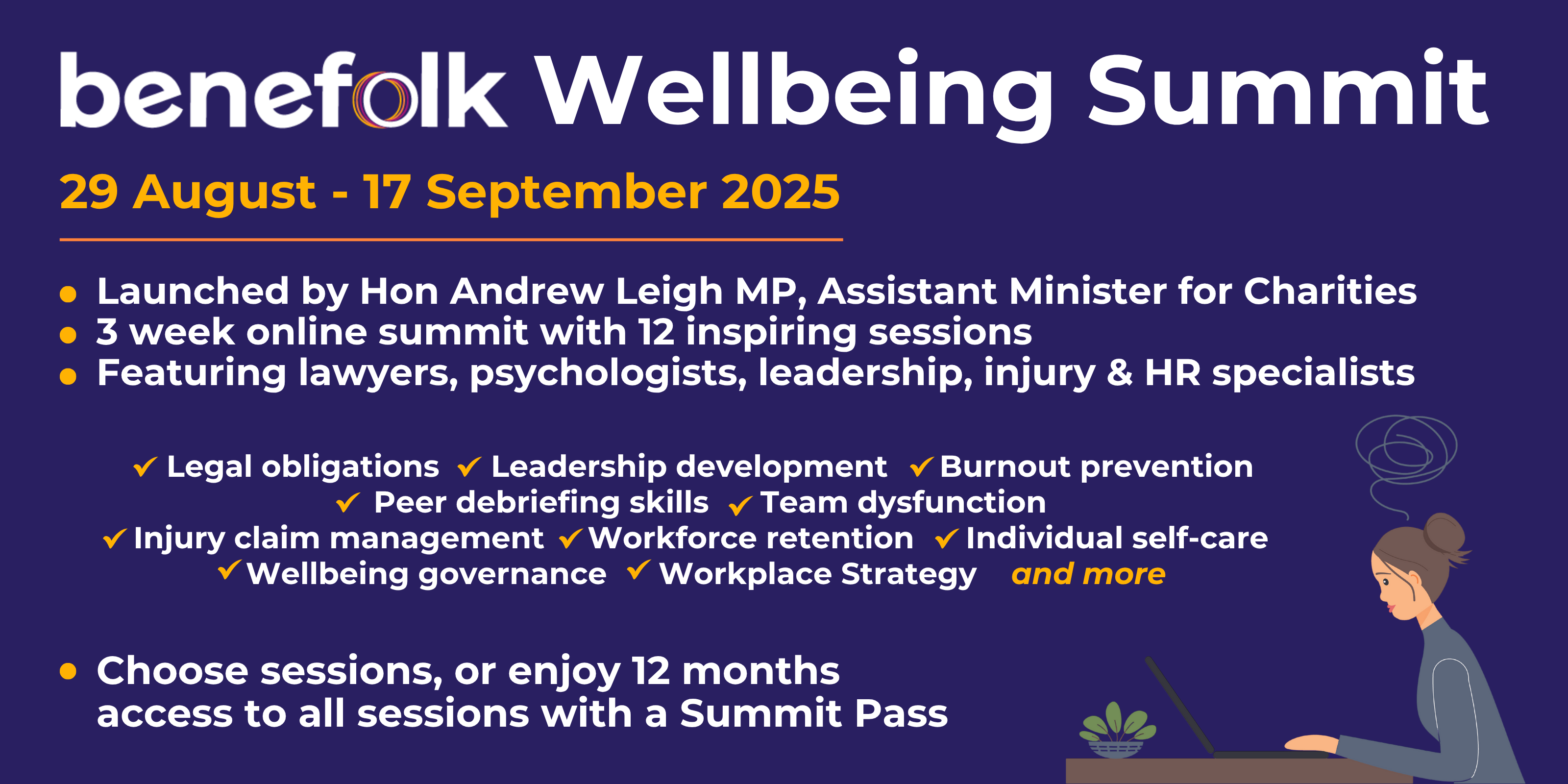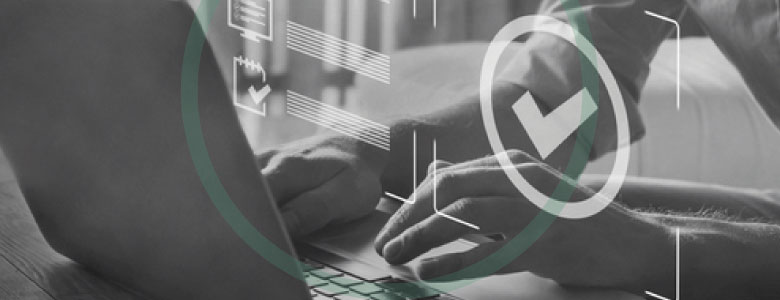Working in fundraising can be deeply rewarding - but also emotionally complex, deadline-driven and under-resourced. Too often, wellbeing advice for fundraisers focuses on self-care: yoga, sleep, switching off. Those things matter, but they don’t address the root causes of workplace stress - what regulators call psychosocial hazards. If left unaddressed, these aspects of work can lead to psychological harm.
What’s really needed is a holistic approach; the kind that recognises and addresses psychosocial hazards - like overwork, unclear roles and poor support.
Boards and leadership teams have a critical role to play. Below are five practical, workplace-level wellbeing strategies tailored for fundraising environments, drawn from sector insights and psychological health and safety resources.
1. Get under the hood
Boards and leaders have a responsibility to understand the real, day-to-day risks their fundraising staff face - especially the psychosocial hazards that could cause harm. Think emotionally taxing donor conversations, low control, unclear expectations, long hours, little recognition and isolated or remote work.
The most effective way to uncover these issues? Start by consulting with your team to identify and assess the most pressing psychosocial risks (e.g. workload, role clarity, exposure to traumatic events). Next, set up a risk register, along with the controls (things you can do to eliminate or minimise the risk).
This avoids narrow or skewed insights and ensures boards aren’t relying on assumptions or perceptions.
2. Actively engage in ‘wellbeing governance’
Psychosocial safety isn’t just a management issue - it’s a governance issue. One simple, powerful step that boards can take is to appoint a Director to take the lead on safety and wellbeing and ensure it is included as a standing board agenda item, much like financial governance. It’s a great discipline to make this topic visible and to be accountable as a board.
3. Get started on a Workplace Wellbeing Strategy
Start with a wellbeing plan on a page and build from there. What are your goals, what initiatives are important in the context of the services you provide and what actions will be taken to address your risks, by when and by whom? You can start small, but the act of creating a strategy signals you are taking wellbeing seriously and provides a structure for your approach.
4. Get active with check-ins and support
Schedule regular team check-ins or build supportive discussions into your weekly meetings - and take extra time after emotionally demanding work. Create space to talk about workload, cases, boundaries, pressure points and emotional fatigue. In many sectors, teams start the day with a “toolbox meeting” to talk through risks and what to watch out for. Our teams could benefit from something similar.
The goal is not to wait until someone is exhausted or burnt out, but to acknowledge the signs along the way, and to create a culture where staff feel safe sharing. These micro-conversations help prevent unintended cultures of silence. They also give leaders a chance to model openness and reinforce that wellbeing isn’t a personal weakness but an organisational responsibility.
5. Practice authentic communication and be present
Fundraisers need leadership that’s honest, visible and human, especially in times of pressure or change. Blend formal updates with informal moments: the hallway chat, on Zoom, grabbing a coffee, the check-in on the edge of a meeting. These small, steady moments of connection send a powerful message: you’re seen, you’re heard, you matter and we’re grateful for your work.
Practice “listening past the surface.” Ask open questions like “How are things going?” - then pause. Resist the urge to fill the silence. Wait. Ask again. These moments of patient, present listening often unlock the insight that doesn’t come in formal feedback, or the first response. Authentic communication isn’t just about what’s said, it’s about the space you create to let it be heard.
Final word: culture is cumulative
Fundraising culture doesn’t emerge from mission statements or values statements - it is shaped by repeated daily interactions, leadership modelling and structural decisions. If you don’t invest in building a culture of psychological health and safety, you risk ending up with an unintended, unsafe and unhealthy one.
Start small. Embed change. Then build from there. Fundraising is critical work. Let’s make sure the people doing it are well-supported, not just well-intentioned.

To access free resources for items above, such as a psychosocial hazard checklist, risk register, wellbeing governance guide for boards and wellbeing strategy template, go to The Community Well website. Start by doing an Organisational Health Check and receive a confidential report with priority resources to assist you.
Whether you're just beginning your workplace wellbeing journey or looking to strengthen your current approach, Benefolk’s Workplace Wellbeing Summit - featuring 12 expert-led sessions designed for not-for-profits, charities, and social enterprises – will help you build healthier, safer and more supportive workplaces.
It runs from August 29 - September 17, and kicks off with a FREE panel event featuring sector leaders. F&P Readers can access a 20% discount to the Summit by using the code FP20. Check out the full program, choose individual sessions or a Summit Pass here.






